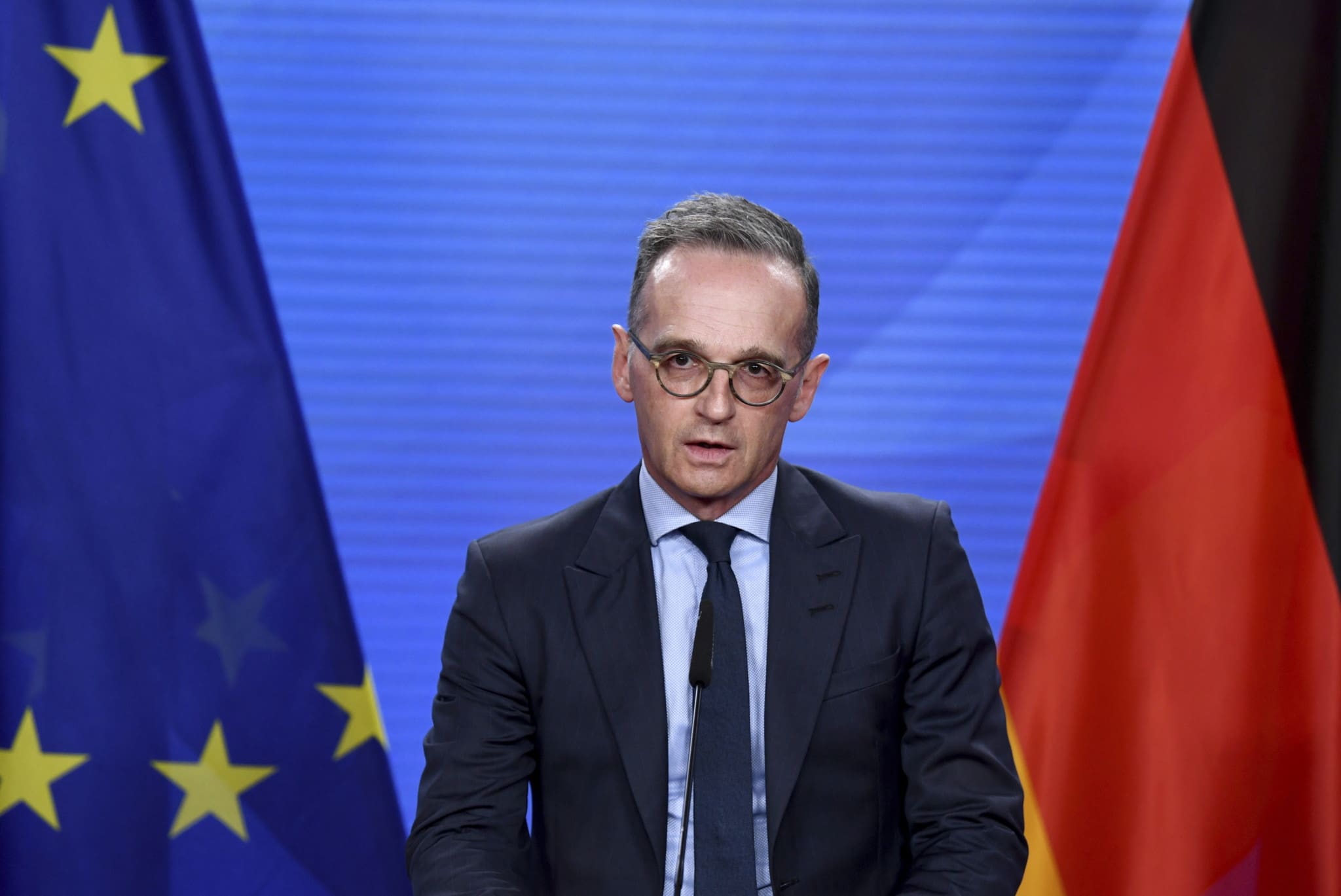Germany’s Federal Minister of Foreign Affairs Heiko Maas recently pledged to receive 70,000 vulnerable Afghans, including those who have worked alongside the Bundeswehr, journalists, and human rights activists.
On Sunday, the first day of his three-day trip to the region surrounding Afghanistan, Maas told journalists in Turkey that Germany, in addition to taking in at least 70,000 Afghans, would provide the governments of Uzbekistan, Pakistan, and Tajikistan with aid to help them cope with potential influxes of Afghan asylum seekers, Der Spiegel reports.
Germany’s pledge to take in more migrants comes despite the Afghan community in Germany already representing a serious security threat and committing a disproportionate amount of crime.
Maas, a member of the Social Democratic Party (SPD), said that although the German army’s deployment to Afghanistan had ended, the task to pull vulnerable Afghans out of the country was not yet over.
“We want to continue the relief operation,” Maas told reporters gathered at the press conference, adding: “But it is now entering a second phase.”
Some 10,000 Afghans who worked closely alongside Germany’s armed forces will be eligible to receive aid, along with 1,600 activists and journalists who face the risk of reprisal from the Taliban.
“If you add the closest family members, that would be around 70,000 people,” Maas said. “Our work will continue until everyone, for whom we are responsible in Afghanistan, is safe.”
The foreign minister mentioned two ways that could potentially see stranded Afghans airlifted to Germany. First, repair extensive damage done to Kabul’s airport so that civilian flights can begin again. If that isn’t feasible, Maas suggested the possibility of working with neighboring countries so that vulnerable Afghans can leave for Germany via countries like Uzbekistan, Pakistan, and Tajikistan.
Despite Maas’s optimism, it isn’t exactly clear how viable either option is. The airport in Kabul is badly damaged and carrying out operations would require trained staff, which would likely have to be supplied from abroad. Similarly, transporting vulnerable Afghans to neighboring countries could be difficult as well because they would first have to pass through numerous Taliban checkpoints before exiting Afghanistan.
Regardless of whether Maas’s plans actually work, the vast majority of Germans are expecting to resettle more Afghan migrants. A recent poll carried out by the opinion research institute YouGov revealed that seven in 10 Germans fear another large influx of asylum seekers into the European Union, Die Welt reports.
The same poll also showed that 74 percent of German citizens regard the deployment of German troops to Afghanistan as a failure. Only 9 percent of citizens considered Germany’s mission on Afghanistan as a success.
Not all of Europe’s leaders are eager to take in large numbers of Afghan nationals.
One of those leaders is Austrian Chancellor Sebastian Kurz, who recently made it clear that he does not want to accept any more Afghans, citing that his country has already taken in 44,000 Afghan nationals in recent years.
“We have taken in over 40,000 Afghans in Austria in the last few years and beyond. We are one of the countries with the largest Afghan community,” Kurz said, adding that “there are still big problems with the integration, and we are therefore against an additional inclusion.”






